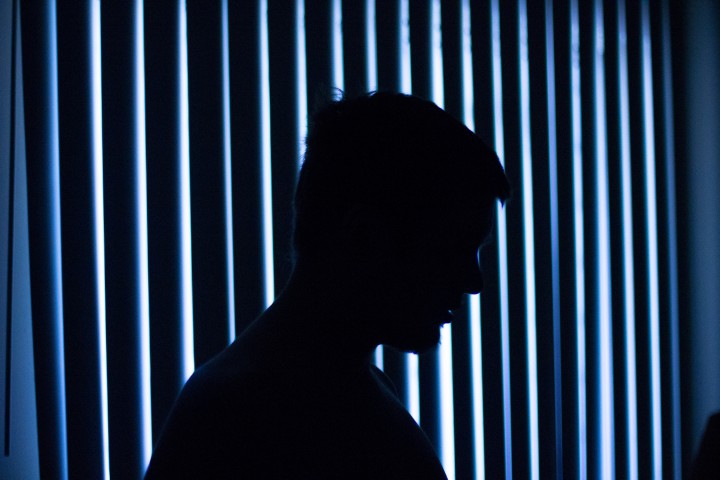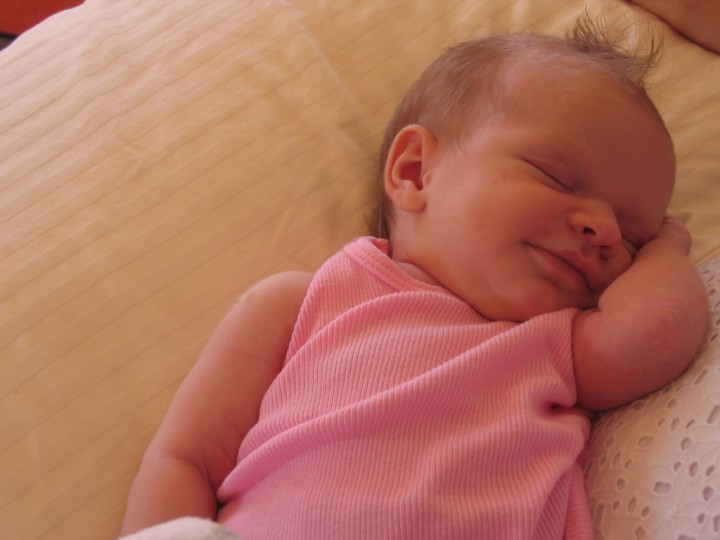MONTREAL – Most people know about postpartum depression – the feeling of exhaustion and worthlessness that can hit a mother during or shortly after pregnancy.

Often times, mothers admitted to not being able to enjoy having a newborn and even having frequent thoughts that they’re a bad parent.
Researchers from McGill University insisted that although the “baby blues” have been widely investigated, little research has been conducted to keep track of how the fathers are feeling.
The findings from the study Dads Get Sad Too: Depressive Symptoms and Associated Factors in Expectant First-Time Fathers, published in The American Journal of Men’s Health, show that a significant number of first-time expectant fathers experience depression during their partner’s pregnancy.
“The mental health of men remains a neglected area of research and one that is not adequately addressed during the transition to parenthood,” said Dr. Deborah Da Costa.
“Highlighting these findings in Canada increases awareness in expectant parents, new parents, and importantly in healthcare providers who are in contact with expectant couples during prenatal appointments.”
The research team recruited 622 men in Quebec over a period of one-and-a-half years.

Get weekly health news
“The more supportive partners are, the better it is for Mums for their mental health,” Da Costa told Global News.
“Why is it difficult for some men to be supportive? What’s going on with their mental health?”
Expectant fathers completed online questionnaires measuring various factors such as mood, physical activity, sleep quality, social support, marital adjustment, financial stress and demographics, during their partner’s third semester.
“They couldn’t believe we wanted to talk to them and not their partners,” Da Costa said.
“I wanted to really understand what the transition is like for mum and dad.”
Researchers found that 13.3 per cent of expectant fathers experienced elevated levels of depressive symptoms during the pregnancy.
The study looked at educated men, with 73 per cent of Caucasian respondents.
Da Costa said that though her study does not look at low income or ethnic families, other studies have found that fathers in those two groups are at higher risk of postpartum depression because the levels of stress may be higher.
“Dads are a lot more hands on now, so it creates new challenges of balancing work and family,” she told Global News.
“Men are experiencing this too and it’s not talked about as much.”
A lot of this was linked to lack of sleep, lack of support and stress.
“Some of these factors may worsen in postpartum; certainly sleep will be compromised in the first years,” explained Da Costa.
“Teaching fathers and screening for this early on can be beneficial in terms of decreasing the risk or the continuation of depression postpartum.”
If you’re an expecting dad who feels stressed or worried, check out this online resource.
rachel.lau@globalnews.ca
Follow @rachel_lau
- Dramatic home explosion caught on video near Edmonton: ‘This can happen’
- Scotiabank boosts Q4 profits with less money set aside for bad loans
- Lotto Max, Lotto 6/49 have huge jackpots up for grabs. Here are your odds
- Toronto Public Library refuses to let lost child use their phone to call home, apologizes









Comments